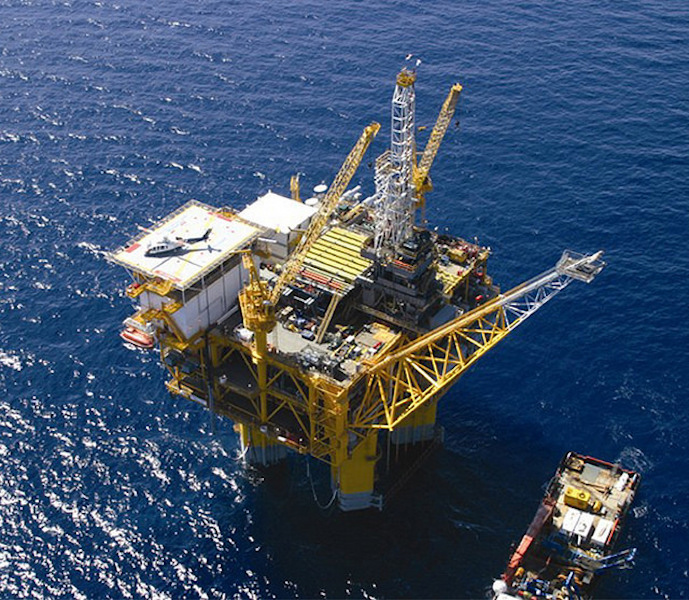In the 1990s, oil forecasters began to talk about peak oil, which is when maximum world oil production is reached and production starts to gradually decline.
Supply side technology forecasts for peak oil envisioned the period around 2030 as the time when world oil production and supply would cease to increase and begin to decline.
Correspondingly, world oil demand forecasts called for continued growth in consumption, much of it based on the expectations of an emerging middle class of consumers in Asia. Forecasts of continued increases in world oil demand, fed by industrializing Third World countries, would result in skyrocketing world oil prices after peak oil production was reached. We saw some indication of these high oil prices with $147 bbl. in 2008 as a precursor of much higher prices.
Then technology and economics changed the relevance of peak oil supply.
First, drilling technology enabled oil prices to implode particularly for the U.S. Oil prices dropped from a range of $100 bbl. to around $50 bbl. today. The world economy slumped in 2008 and oil consumption growth virtually ceased. Economic recovery has been slow and the touted industrialization of Third World countries with sharply increased consumer demand for oil (automobiles) has not occurred.
Now, a new concept of peak oil demand has appeared. Peak oil demand projects the time frame when world oil demand will decline. If supply-based forecasts are tenuous, demand-based forecasts are even more dubious. Many peak oil demand forecasts rest on assumptions about substitute energy supply, such as electric automobiles, to replace carbon energy sources.
Peak oil demand projections vary considerably more than previous peak oil supply projections. Peak oil demand projections range from 2045 to 2060. These projections are based on some important and questionable changes in technology, just as peak oil supply projections 20 years ago assumed no changes in drilling technology.
Peak oil demand projections likely won’t have much impact on the brownwater sector other than to suggest that prior concerns about the supply and cost of oil are now largely moot.
The costs of oil-based energy technology will remain relatively stable until new energy substitutes are proven.





